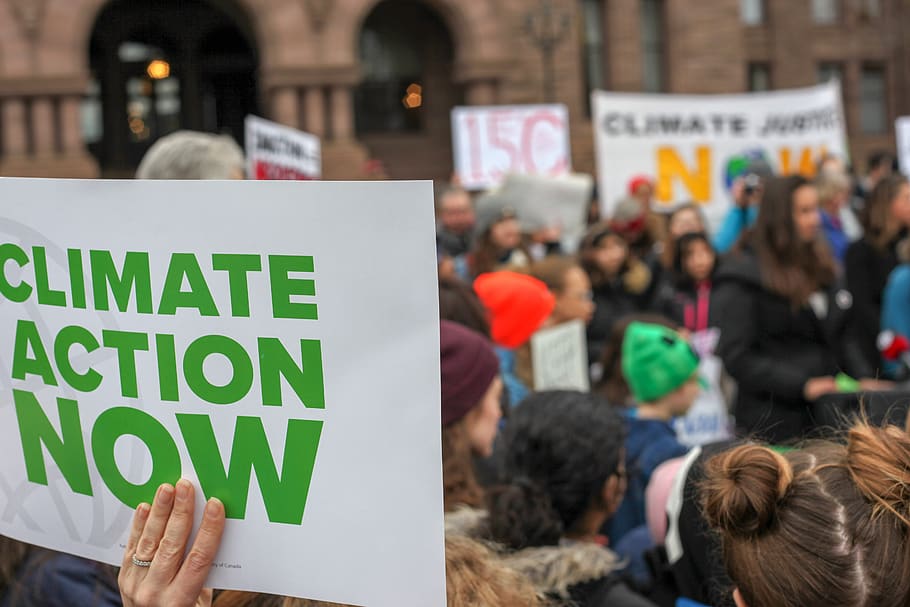Black Americans are going to face the worst impacts of climate change according to a new prediction by the United States Environmental Protection Agency (EPA).
The Report titled Climate Change and Social Vulnerability in the United States: A Focus on Six Impact Sectors predicts that Black people in the US are more likely than other races to have their livelihood negatively affected by climate change. The negative impacts will significantly worsen as the climate warms. The predictions were also grim for those in lower socio-economic classes.
The study, published nearly half a year after Michael Regan became the first Black administrator of the EPA, examines how different populations of races and ethnicities, income classes, educational backgrounds and ages will be exposed to the highest impact of change in six categories. The categories are air quality and health, extreme temperature and health, extreme temperature and labor, coastal flooding and traffic, coastal flooding and property, and inland flooding and property. It urgently warns that Black populations are living in areas projected to face the highest effects in all six categories.
Specifically, the report states that Black populations live in areas with the highest projected increase in cases of childhood asthma, mortality rates, rates of labor hour losses for weather-exposed workers and more because of the increased temperature from changes in the climate.
Black people disproportionately suffering from health defects due to poor environmental conditions is not new. The United Nations recently expressed their concern that environmental racism is entrenched in St. James Parish, Louisiana known as “Cancer Alley” (originally dubbed as plantation country). Here, pollution from nearby industry causes respiratory disease, cancer and other pollution-related health issues. Experts have shown that white areas of “Cancer Alley” face a significantly reduced risk and have called for reparations in environmental racism that trace directly back to slavery in the U.S.
States in the Southeast like Alabama and Louisiana, are ranked first and second (respectively) in the percent of population that is Black and have been devastated by storms such as Hurricane Ida. Scientists say that increased temperatures will bring storms with more rain, volatility, range, staying power and high winds.
The Congressional Black Caucus predicted these outcomes back in 2004 when they published African Americans and Climate Change: An Unequal Burden. It stated that Black health was already disproportionately burdened due to the effects of climate change and warned of future economic hardships. The study adds that Black people are less responsible for climate change than other Americans. It concludes by stating economic and health opportunities can arise for the Black community if the policies designed to mitigate climate change are structured with these goals in mind. Their warnings went unheard.
The Executive Branch of The Federal Government has recently acted on environmental justice by issuing Executive Order 14008, which establishes three different federal judicial organizations designed to directly improve the predicted outcomes for Black and other disadvantaged communities. The Federal government committed to addressing climate change in the past and then left the Paris Climate Accord right after joining. They later returned four years later.
The EPA’s report makes it clear that if actions aren’t taken to mitigate the effects of climate change the Black community specifically will suffer.


